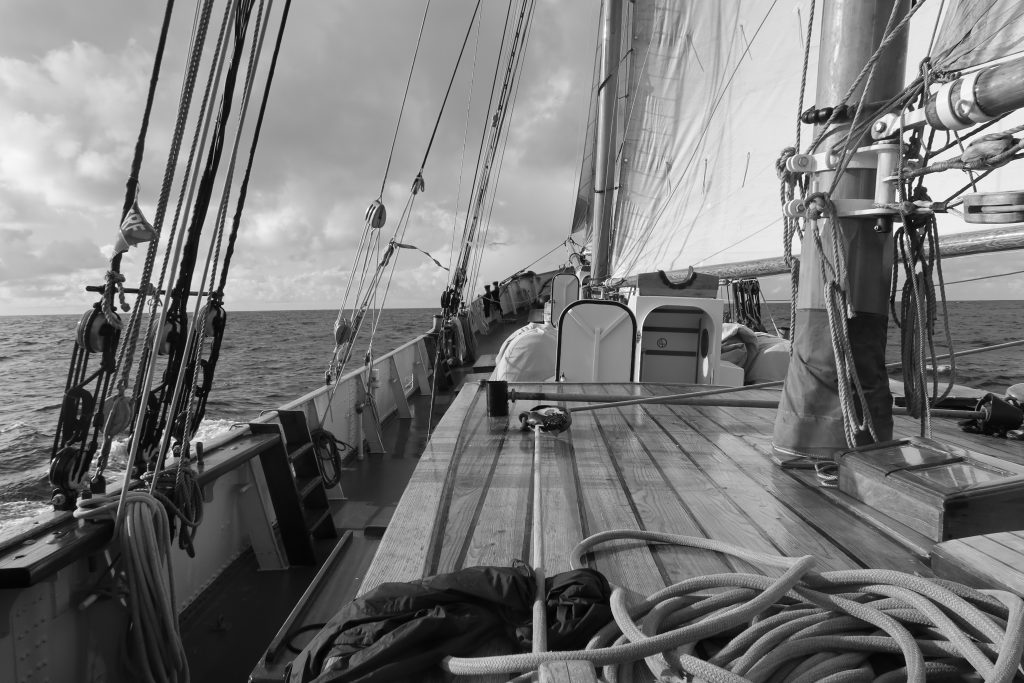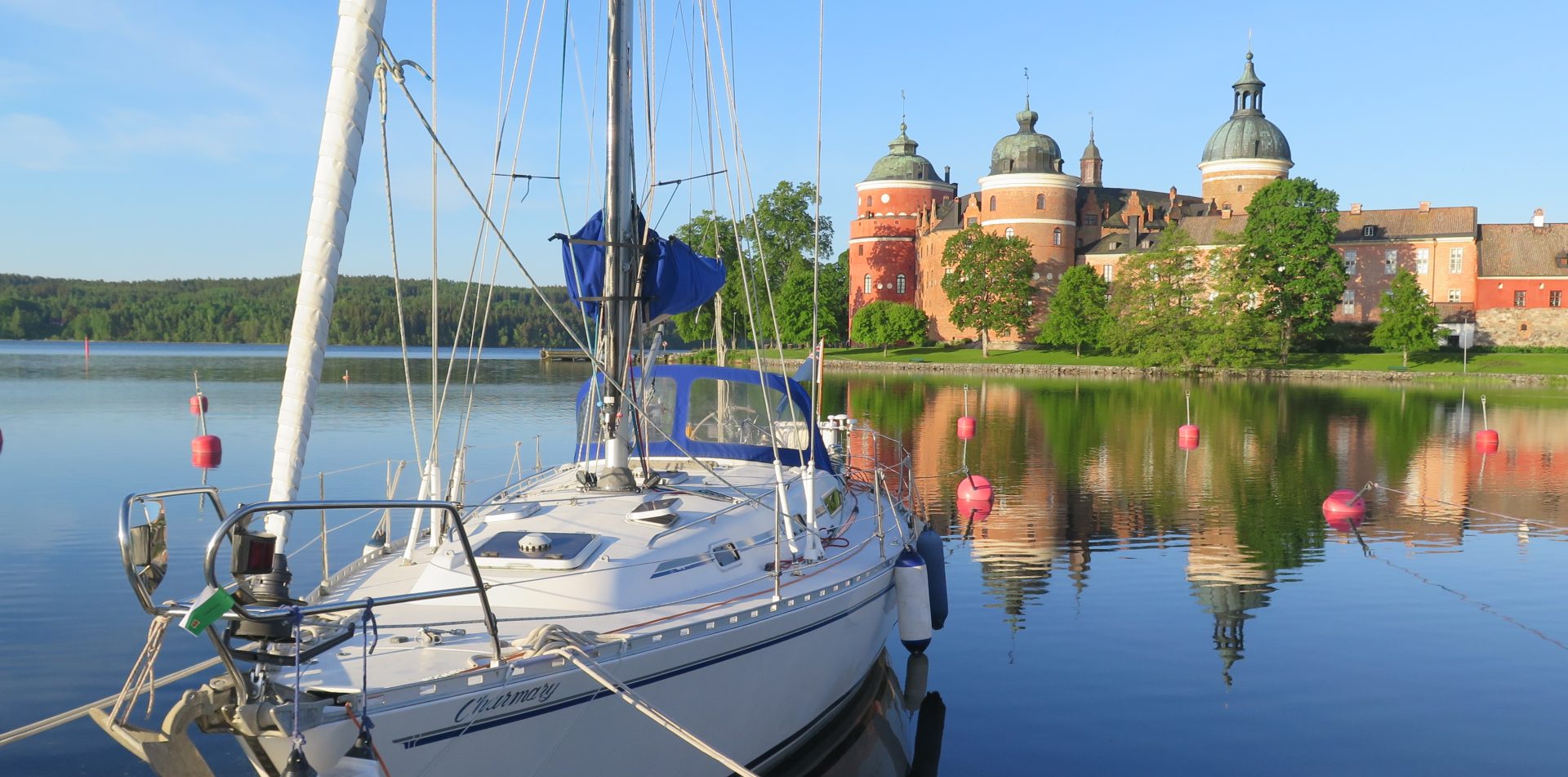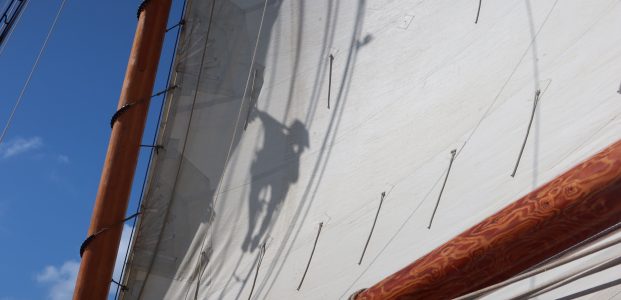Reading: Us Against You (Frederick Backman) & An Unsung Hero (Michael Smith)
Weather: E-ENE 2-4 – variable. Getting increasingly cloudy ….
Thought for the day: Is the equator an IQ barrier for flying fish? Southern Hemisphere ones seem far less likely to land on deck …..
Evening meal: Chickpea burgers, roast potatoes and beetroot salad
Course: 175-180oC
Distance covered: At 1200 we had done 2,904 miles
Wildlife headcount: Another quiet day – just a few flying fish – one of which hit the steering wheel!
Today we have been at sea non-stop for three weeks, so it seems like a good time to reflect on what ocean sailing is like. I have been thinking about this and hardly surprisingly have not come to any earth-shattering conclusions. In a way, stating the obvious, it should just be like sailing for a long time. We have done nearly 3,000 miles so far. In three weeks that amounts to more than two seasons of normal sailing – a significant amount. However, it doesn’t really feel that way. The routine of watch keeping is just that – a routine and this seems to make the time pass in quite a fluid way. Whereas in a normal season sails are punctuated by lots of different stops giving each one a place in your memory, ocean sailing is just more and more and more of the same. The time just passes and to an extent blurs as we move from watch to watch. That almost makes it sounds boring, something I might quite reasonably have expected, but it isn’t. There are always little things to mark out the days – whether that is spotting wildlife, reading, chatting, maintenance, sail changes or just meals, the days pass in an almost relaxing way. An initial obsession with distances and miles covered each day fades and just becomes part of the background noise of the passage.
One thing that does take some getting used to is the movement of the boat. With over 100 tons and 100 foot on the deck, the Tecla is much more stable than Charmary would be in equivalent conditions, but she still moves. Sometimes this is predictable. When the seas are consistent with the wind, she moves in a regular and predictable way and your body automatically adapts to this as you move around. When the seas and swells though don’t quite match the wind, things can suddenly move in an unexpected way and walking around the decks we all look like we are heading home after a long night’s drinking …. You quickly learn where the handholds are and the bruises collected after missing these act as an incentive to learn quicker. Showering and using the toilet (we all have an en-suite toilet and shower room in our cabins) remains a slightly weird process as you roll around shut-off from any visual clues to the movement, but the water sloshing around on the floor after a shower does help show you what is going on! Generally though you adapt quite quickly to constant movement and it just becomes part of everyday life.


